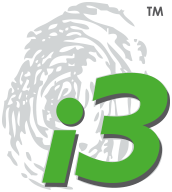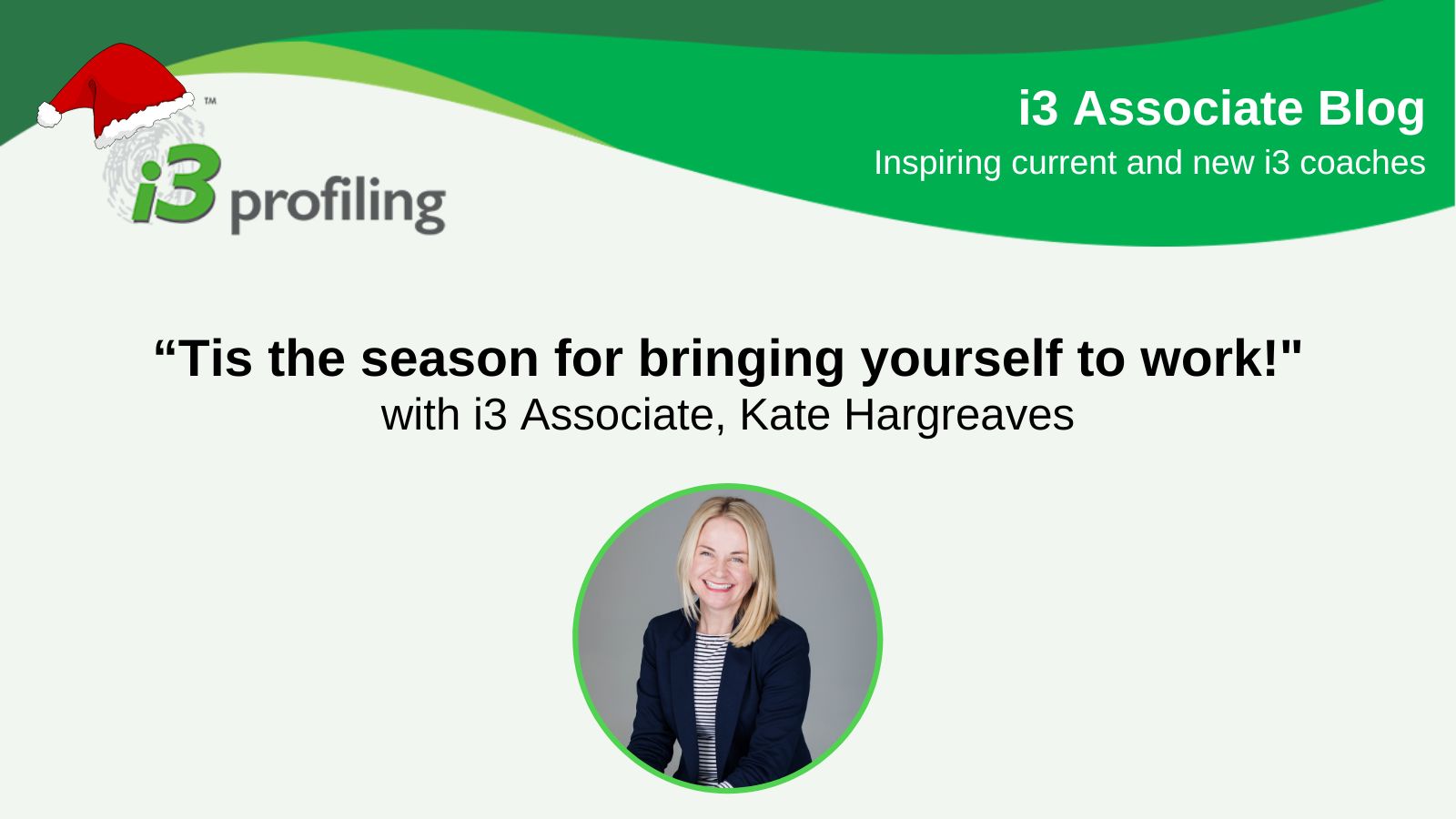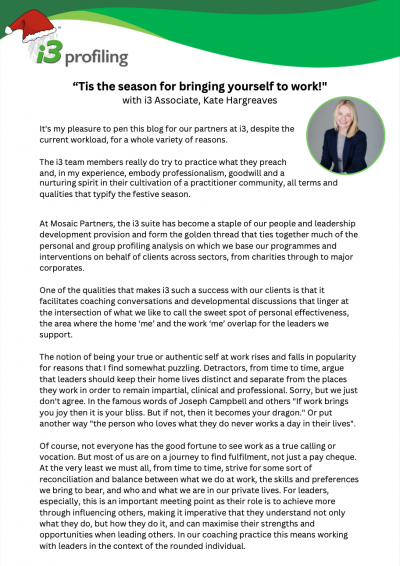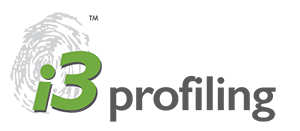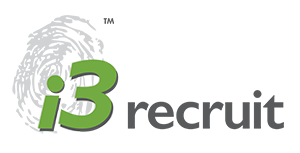It’s my pleasure to pen this blog for our partners at i3, despite the current workload, for a whole variety of reasons.
The i3 team members really do try to practice what they preach and, in my experience, embody professionalism, goodwill and a nurturing spirit in their cultivation of a practitioner community, all terms and qualities that typify the festive season.
At Mosaic Partners, the i3 suite has become a staple of our people and leadership development provision and form the golden thread that ties together much of the personal and group profiling analysis on which we base our programmes and interventions on behalf of clients across sectors, from charities through to major corporates.
One of the qualities that makes i3 such a success with our clients is that it facilitates coaching conversations and developmental discussions that linger at the intersection of what we like to call the sweet spot of personal effectiveness, the area where the home ‘me’ and the work ‘me’ overlap for the leaders we support.
The notion of being your true or authentic self at work rises and falls in popularity for reasons that I find somewhat puzzling. Detractors, from time to time, argue that leaders should keep their home lives distinct and separate from the places they work in order to remain impartial, clinical and professional. Sorry, but we just don’t agree. In the famous words of Joseph Campbell and others “If work brings you joy then it is your bliss. But if not, then it becomes your dragon.” Or put another way “the person who loves what they do never works a day in their lives”.
Of course, not everyone has the good fortune to see work as a true calling or vocation. But most of us are on a journey to find fulfilment, not just a pay cheque. At the very least we must all, from time to time, strive for some sort of reconciliation and balance between what we do at work, the skills and preferences we bring to bear, and who and what we are in our private lives. For leaders, especially, this is an important meeting point as their role is to achieve more through influencing others, making it imperative that they understand not only what they do, but how they do it, and can maximise their strengths and opportunities when leading others. In our coaching practice this means working with leaders in the context of the rounded individual.
Given i3 has its origins in the world of relationship counselling, it’s probably one of the reasons why it facilitates this type of authentic, holistic conversation. We often hear leaders report how they found psychometric and other tools encountered along their development journey oddly impersonal, limiting, and frustratingly focused solely on work. Well, i3 encourages us all to reflect on the person in the round when we profile or are profiled. And it is the insights gathered in this sweet spot that are, in our experience, the ones that lead to the greatest breakthrough and progress.
I can’t tell you the number of times I’ve seen senior, rational thinkers touched by the accuracy of the tool and its ability, in the unique combinations of traits, to liberate them from the pigeon-holing of normative questionnaires. I recently had an FD from an accounting background open up to me about his passion for the arts and then apply this deep insight to his leadership role, a weight of conformity being replaced by a force field of inspiration as we explored his feedback and profile. I have little doubt that he will go on to partner for major innovation in his practice now.
It’s also been great at helping very highly principled and deeply caring and feeling senior leaders of third sector organisations stop banging their values drum so hard and listen to the traits that have helped to underpin their success so far, including their enterprising and organising natures. Simple objectivity to bring a sense-making element to their sentiment has helped improve commerciality and we’ve seen the same apply within the public sector.
So, my core message for this festive season, for sharing amongst our i3 practitioner community is that, while times are undoubtedly hard and all sorts of norms are under threat by a VUCA socio-political climate, is to remember that, as the saying goes, “most good things start at home”. This applies to coaching relationships and how we use tools like i3, regardless of what the critics say…But it also applies to us as a family of professionals, supporters and partners. Let’s make a resolution to lead by example next year, and not only lead by example in how we use the tools but lend each other a helping hand by introducing coaches to the i3 team and prospect to our wider community when we need a helping hand and strength in numbers. I’ve met some wonderful people since becoming an accredited i3 partner, some of whom are friends for life now and my wish for you this Christmas is that you experience more of the same.
Wishing you, and your families a very merry Christmas and a peaceful and prosperous new year.

